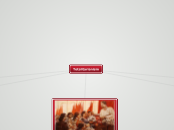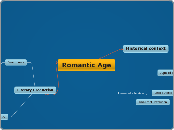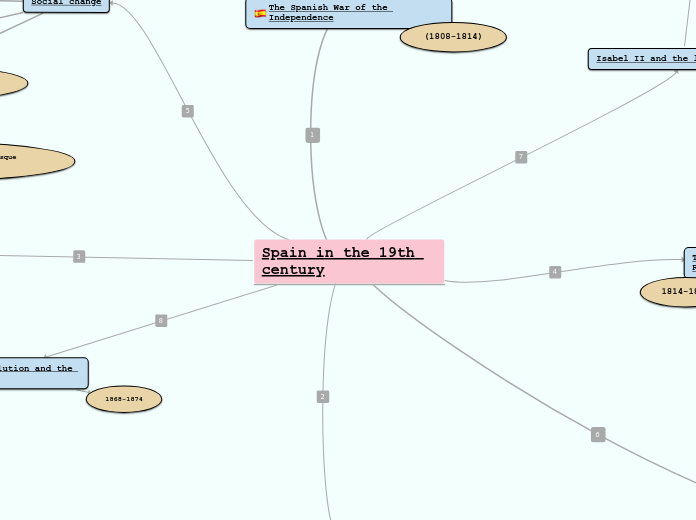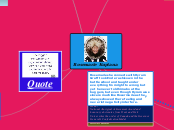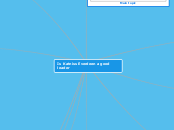Totalitarianism
Methodology of Totalitarianism
Students will be able to describe the dangers of totalitarianism, specifically the methodology for luring a people into acceptance and keeping the population compliant, and will understand how through promises, a leader is able to lead a nation into tyranny.
The teacher will use the group written responses to the debriefing discussion to assess to what level the students grasped the final concept.
The students will follow the teacher’s instructions and participate in the simulation.
The teacher will lead the students on a blind follow the leader, with the promise of candy if the student cooperate, to illustrate the methodology of totalitarianism.
Faces of Fascism
Students will learn the similarities and differences between Hitler and Mussolini, especially in regards to their rise to power, styles of leadership, goals, and how they handled the economic crisis.
Students will define important vocabulary and organize information from their texts about the two Fascist leaders (Mussolini and Hitler) to illustrate their similarities and differences.
The graphic-organizer and multiple class discussions will act as progress-monitoring formative assessment to ensure that all students met the learning objectives for the lesson. The graphic organizer will be graded for completion and correctness.
Students will will read independently and complete the graphic-organizer note taker.
The teacher will go over the directions for the graphic organizer with the whole class, describing expectations along the way. Before instructing the students to begin, the teacher will ask for any questions or clarifications that the students may have and answer them.
Rule of Tyranny
Students will be able to analyze and interpret the author’s intent of a primary source document, Industrialization of the Country.
Students will be able to describe the short and long term impacts of Stalin’s economic, political and social policies.
Teacher will assess student achievement of lesson goals by the final whole class discussion and students’ reflection.
In pairs students will read Stalin’s 5-year plan. They will approach the primary source document as we have established as a procedure within the class, utilizing the SOAPSTone close reading strategy.
The students will respond to the discussion question, being called on by equity cards.
Students will then break into their assigned groups and complete the “5-Year Plan Activity”.
Students will then participate in the alternating small group and whole class discussion.
The teacher will use discussion, primary source documents and a simulation to illustrate and reiterate how totalitarian leaders came to power and were able to hold on to it.
Revolution of Russia
Students will be able to describe the impact of an oppressed majority in destabilizing an autocracy.
Teacher will assess progress by student responses to lecture questions during lecture delivery and assess student learning by student answers on the note-taker.
Students respond to questions through think-pair-share.
Teacher will lecture, using PowerPoint presentation. Teacher will pause to ask questions and check for understanding by having students think-pair-share and whole class discuss key questions throughout the lecture.
Setting the world stage for
Totalitarianism
Students will be able to analyze and interpret a primary source document, the treaty of Versailles, and utilizing their prior knowledge of WWI be able to predict how the primary source will impact history going forward.
Teacher will assess student achievement of lesson goals by the final whole class discussion and students’ response on the final question on the handout.
Students will then work independently, reading the articles of the Treaty of Versailles, paraphrasing the passage and analyzing what events of WWI would have resulted in the article being added to the Treaty.
The teacher will hand out the classwork (“A Reaction to the Horrors of WWI: The Treaty of Versailles” worksheet). As a whole class, the teacher will read the ‘Historical Background” out loud and then the instructions. The teacher will reiterate the instructions no less than two (2) times, while describing the activity and the teacher’s expectations. The teacher will model an example with a different article on the white board. The teacher will underline and then define the key words of the article, paraphrase and connect to the historical events that led to the creation of that specific article.
